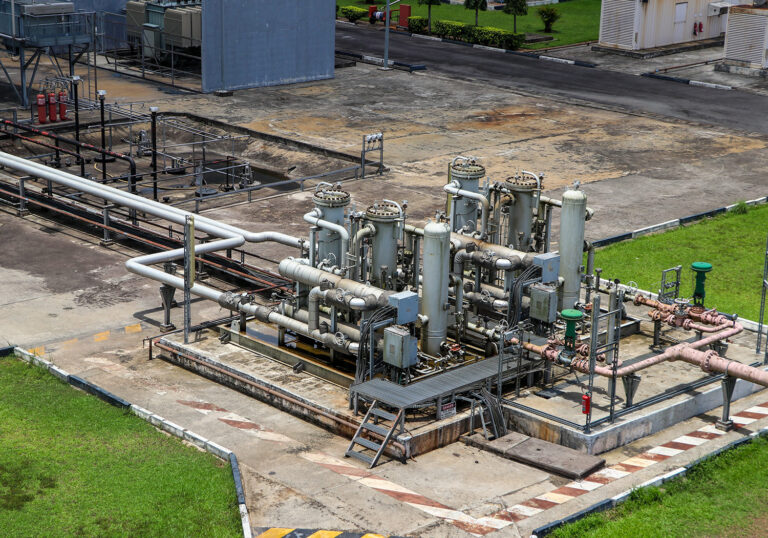By Atoyebi Nike
President Bola Ahmed Tinubu on Wednesday commissioned the AFAM II 180-megawatt (MW) power plant, the latest and largest facility developed by First Independent Power Limited (FIPL), aimed at strengthening Nigeria’s national grid and boosting electricity supply.
The virtual inauguration was conducted from Lagos, while the power station is located in Oyigbo Local Government Area of Rivers State. The project adds a major boost to the country’s generation capacity, which has long struggled with inconsistencies and shortfalls.
AFAM II comprises two phases and operates on gas turbine technology, capable of generating 180MW of electricity. It is expected to serve both the national grid and industrial consumers in the region, particularly aiding power supply in the South-South and South-East.
First Independent Power Limited, a key player in Nigeria’s power sector, owns and operates four major gas-fired power stations—AFAM, Omoku, Trans Amadi, and Eleme—all based in Rivers State. The company is a subsidiary of Sahara Group, an energy conglomerate with operations across Africa and beyond.
Speaking during the ceremony, President Tinubu commended the public-private partnership behind the project, stating it reflects his administration’s commitment to energy reforms and infrastructural growth. He noted that increased power generation is crucial for driving industrial development, job creation, and economic stability.
“This project is a testament to our resolve to close Nigeria’s energy access gap and improve livelihoods through stable electricity,” the president said.
AFAM II’s inauguration comes amid ongoing reforms in the power sector, including recent legislation allowing state governments to generate and distribute electricity independently. It also supports the federal government’s broader roadmap to achieve energy sufficiency by diversifying the power mix and encouraging private sector investments.
With over 13,000MW of installed capacity but less than 5,000MW typically available on the grid, Nigeria’s electricity sector continues to face infrastructure and transmission bottlenecks. Projects like AFAM II are seen as vital steps toward resolving these challenges.
The launch also aligns with national goals of enhancing gas utilization as a transition fuel under Nigeria’s Energy Transition Plan.
